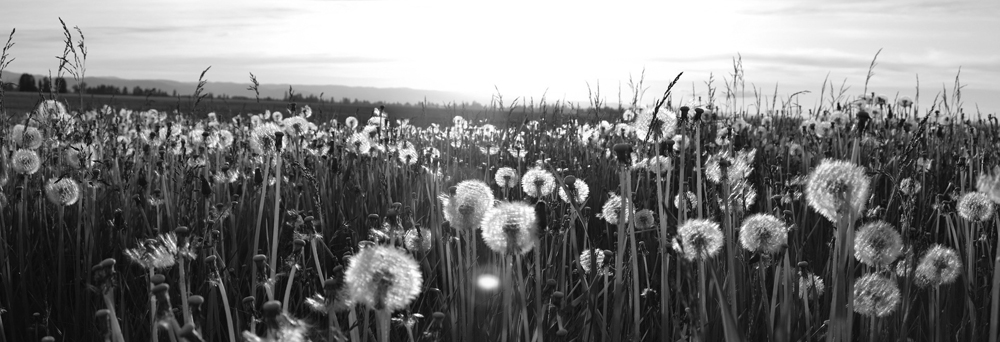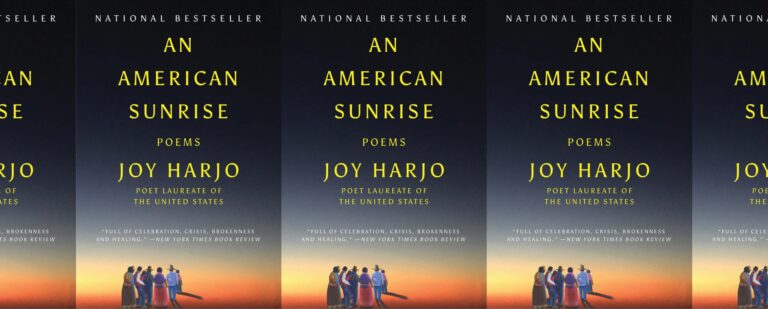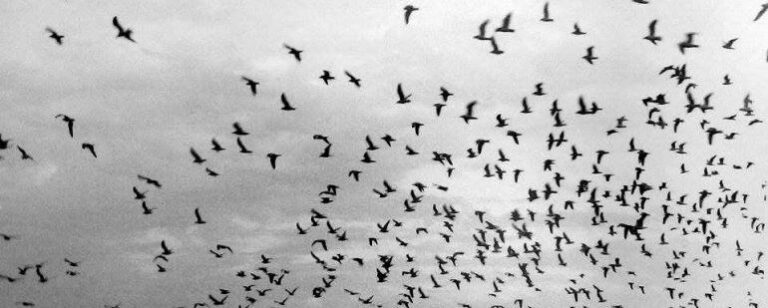“Slipperiness of Signification”: An Interview with Lee Ann Roripaugh

In her most recent book, Dandarians (Milkweed, 2014), Lee Ann Roripaugh writes in the borderland between poetry and prose, blurring boundaries and finding the unfamiliar music in everyday language. She is also the author of three previous books of poetry, including Year of the Snake, which won the Association of Asian American Studies Book Award in Poetry/Prose, and Beyond Heart Mountain, a winner of the National Poetry Series. Lee teaches at the University of South Dakota, where she directs the creative writing program and serves as editor-in-chief of South Dakota Review. We recently caught up via email to talk about Dandarians, the fascinating ways in which poetry and prose can overlap, and life as a state poet laureate.
Matthew Thorburn: Dandarians describes and reflects on a difficult and painful personal history with candor, sensitivity, careful yet surprising language, and sometimes humor. How did this book come to be? Did you conceive of it as a larger project from the outset, or did it come into focus as you were writing the poems?
Lee Ann Roripaugh: For me, Dandarians is in so many ways a book about language: language as communication and miscommunication, language as signal and code, as biosemiotics, as conduit, as electrical current, as currency, as impossible possibility, and perhaps, ultimately, as yearning. And so I suppose the book originated from this place of language as yearning. I was reading up on semiotics and biosemiotics and thinking about desire for connection, desire to write one’s way between self and other, as well as desire to read/make meaning.
I began working on prose poems that were attempting to articulate or explore these themes (a form of meta-yearning, perhaps?) when I realized that the lyric flash essays I’d been working on about betrayals of language—liminal, hybrid words miscommunicated to me from my Japanese mother—with all of their emotional and connotative resonances, with all of their slipperiness of signification, as well as all of their transgressive danger and potential, formed a sort of autobiographical ground zero for these explorations, and that’s when I knew that these essays would form the spine and nervous system of this particular book.
MT: Formally, the pieces that make up Dandarians seem to fall somewhere between prose poems and lyric essays, and maybe owe something to the haibun tradition too. How did you decide on the form these poems would take? Did you ever consider or experiment with writing them as lineated poems or in another form?
LR: In my previous book, On the Cusp of a Dangerous Year, I’d been instinctively moving more toward a prose poem/hybrid format, and so a small handful of poems from this manuscript originally began as something that resembled a prose poem/lyric essay, which I then painstakingly reworked and revised into lineated form.
This process of retro-fitting seemed not only laborious, but possibly disingenuous as well, and so I made a conscious decision with Dandarians to honor my instinct to work in this hybrid space, and—instead of attempting to rework/force the pieces into the music of the line—to attempt to make music within the wraparound prose lines and really explore the challenges of finding musicality without the regular breaths of line breaks. Also, given that this manuscript was addressing hybridity of language, as well as fluidities of identity (ethnicity, gender, orientation, etc.) it made sense to me that this was a project best served by hybrid forms.
MT: Congratulations on being named the Poet Laureate of South Dakota. Would you talk a little about what you’ll be doing in this role and what it means to you?
LR: Thank you! Basically, I’m going to be spending the next four years serving as an ambassador for poetry in the state of South Dakota. I’ll be giving readings and workshops throughout the state, as well as facilitating literary events. I’m particularly hoping to reach out and collaborate with underserved and marginalized poetry communities in South Dakota.
I’m very excited, because I feel this is not only an opportunity to broaden the scope and possibilities of poetry in the state, but that it is also an opportunity to share the vibrancy and diversity of South Dakota poetry at the national level.
MT: What’s next for you, writing-wise?
LR: I’m currently working on a manuscript tentatively titled Tsunami vs. The Fukushima 50, which is a project that emerged in response to the 2011 Tohoku earthquake/tsunami and subsequent Fukushima disaster in Japan. I wish to commemorate Fukushima, and focus public/cultural/artistic attention on Fukushima’s ongoing legacies, particularly with respect to environmental crises. Within this project, I’ve turned to tropes of otherness/difference in tandem with questions of mutation and radioactivity employed within comic books (X-Men or Godzilla, for example) as a means of confronting issues raised by the Fukushima disaster.
The project alternates between third-person poems exploring different facets/aspects of a feral, dangerous, force-of-nature supervillainess named Tsunami, with dramatic monologues in the fictional voices of Fukushima survivors conceptualized as radiation-created superheroes. In addition to providing a vehicle by which to consider the ecocritical and cultural implications of the Fukushima disaster, this project has blossomed into a canvas that works with aspects of personal and cultural psychological trauma, gender performance and queer identities, the taboo of female rage, and ideas of the monstrous/grotesque.
MT: What have you read recently that moved you?
LR: Oh, that’s such a hard question! But to name just a few: Ruth Ozeki’s A Tale for the Time Being, Maggie Nelson’s The Argonauts, Claudia Rankine’s Citizen, T.C. Tolbert’s Gephyromania, Tsering Wangmo Dhompa’s My rice tastes like the lake, and dg nanouk okpik’s Corpse Whale.
Read a couple of pieces from Dandarians here.


